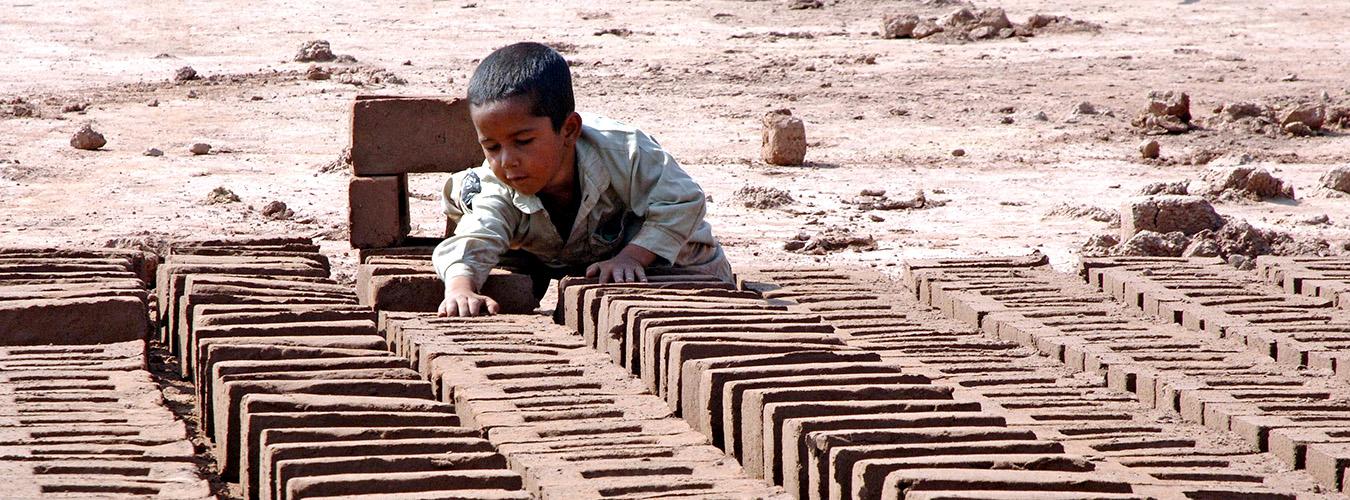Eighth in a series for #16Days of Activism Against Gender-based violence, by John Coonrod. Updated for 2022
December 2 is the International Day for the Abolition of Slavery. Modern-day slavery is appallingly widespread. According to the UN more than 40 million people are in forced labor, including 4.8 million in forced sexual exploitation. Women and girls are disproportionately affected by forced labor, accounting for 99% of victims in the commercial sex industry, and 58% in other sectors. (Featured photo: ILO / Marcel Crozet).
What can be done? In November 2016, a new legally binding Protocol by the International Labor Organization (ILO) was introduce to strengthen global efforts to eliminate forced labor. A global campaign is underway – The 50 for Freedom campaign – which aims to persuade at least 50 countries to ratify the Forced Labor Protocol. To date, 47 have done so – and their website invites you to help petition the leaders of the world.
The US State Department 2022 Trafficking in Persons report emphasized the leadership by survivors themselves. “Everyone should be free. And yet, through force, fraud, and coercion, human traffickers violate this most basic right. Traffickers’ exploitative practices affect every country in the world, including the United States, by diminishing and destroying our communities, sense of security, and the global economy. This year’s Trafficking in Persons Report turns the spotlight to more clearly illuminate the impact of human trafficking on our global community and on actions we can take as individuals, and as a society, to combat this deplorable crime everywhere it occurs, especially in the most at-risk communities. The pages that follow highlight the incredible strides and achievements of survivor leaders and individuals with lived experience of human trafficking, including their role as valued anti-trafficking experts. They built, and continue to sustain, the movement to combat human trafficking in a manner that reflects the realities and needs of those currently experiencing exploitation.”
Anti-Slavery International reports on the exploitation of migrant laborers involved in the 2022 World Cup.
Namati is an organization that trains “grassroots legal advocates” – sometimes called “barefoot lawyers” or “community paralegals.” It supports a network of organizations like International Justice Mission (IJM) that share this approach.
Child sex slavery is perhaps the most horrific aspect of modern slavery, and illustrates how international interventions like the TIP report and local community advocacy can work together to make a difference. In the book Half the Sky, the authors Nicholas Kristof and Sheryl WuDunn tell the story of “Svay Pak, a Cambodian village that used to be one of the notorious places in the world for sex slavery. On Nick’s first visit, brothels there had seven- and eight-year-old girls for sale.” After the US State Department strongly criticized Cambodia in its TIP report – and IJM opened an office there, he reported seeing only 10% as many. “This is a sign,” they write, “that progress is possible.”


